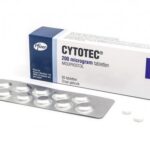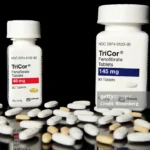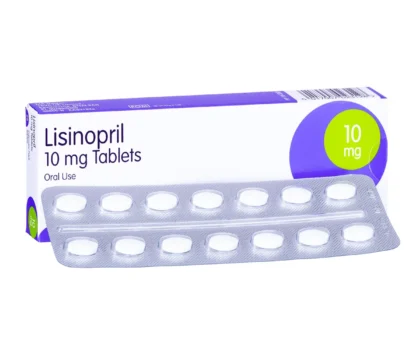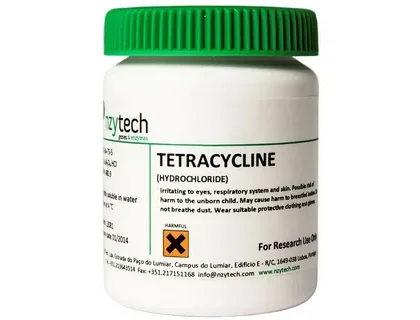Maxolon, containing the active ingredient metoclopramide, is an antiemetic and prokinetic agent used to treat nausea, vomiting, and delayed gastric emptying (gastroparesis). It works by increasing the motility of the stomach and intestines, promoting faster emptying of the stomach contents into the intestines, and preventing nausea and vomiting triggered by various causes, including chemotherapy, surgery, or gastrointestinal disorders. Maxolon also alleviates symptoms of gastroesophageal reflux disease (GERD) by reducing the time that stomach contents remain in the esophagus, thereby minimizing irritation. The medication is typically administered orally or via injection, depending on the condition being treated.

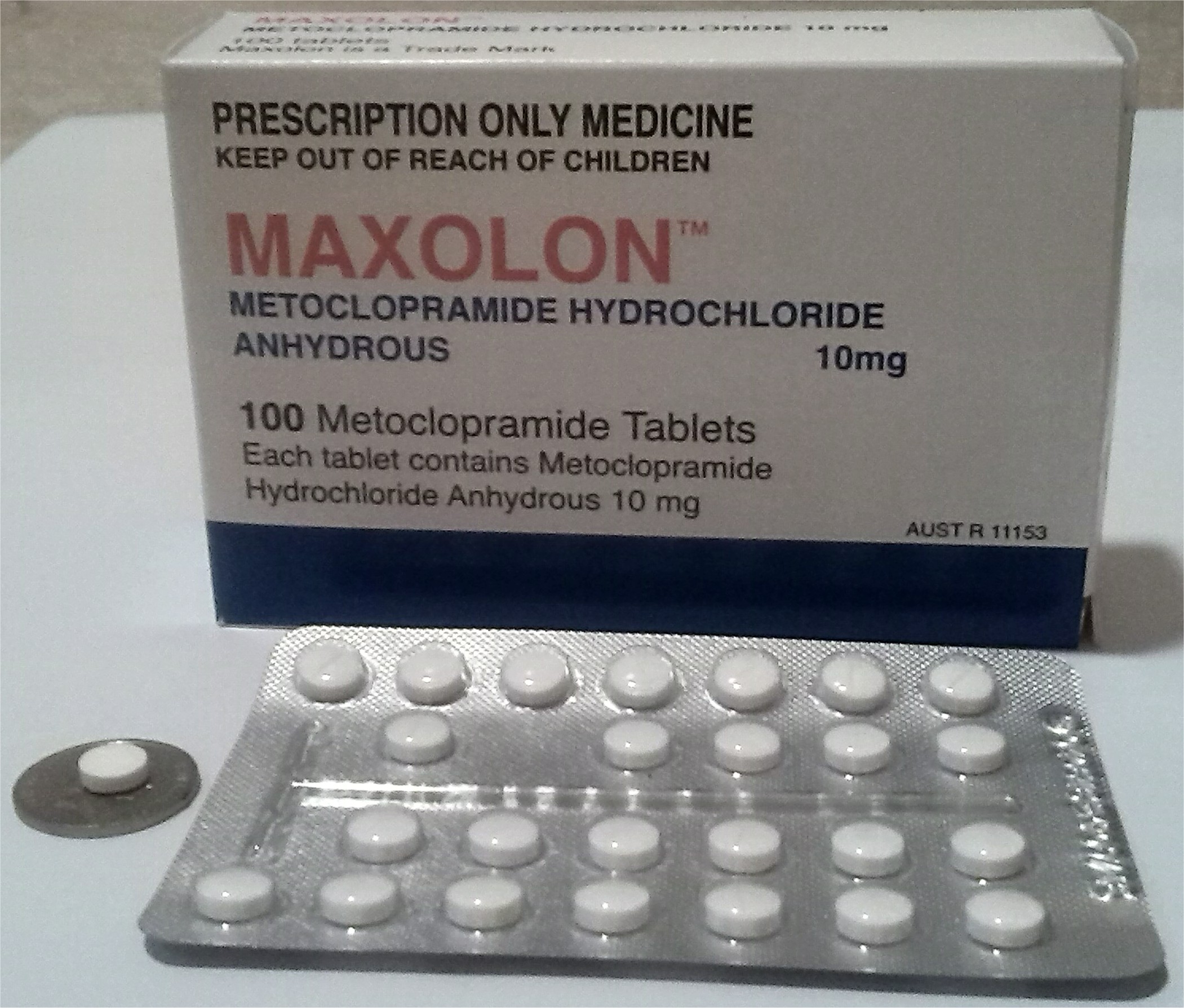
Effective Relief from Nausea and Vomiting
Maxolon provides effective relief from nausea and vomiting caused by various conditions, such as chemotherapy, migraines, and post-surgical recovery. By blocking dopamine receptors in the brain’s vomiting center, it prevents signals that trigger nausea and vomiting. This mechanism makes it an excellent choice for managing these symptoms, ensuring patient comfort and stability.

Enhanced Gastrointestinal Motility
Maxolon is highly effective in treating conditions like gastroparesis by stimulating stomach and intestinal contractions, promoting quicker gastric emptying. This action reduces symptoms like bloating, fullness, and discomfort, allowing for better digestion and absorption of nutrients. It’s particularly beneficial for diabetic patients suffering from delayed gastric emptying.

Management of GERD Symptoms
Maxolon is useful for managing gastroesophageal reflux disease (GERD) symptoms by accelerating gastric emptying and enhancing lower esophageal sphincter tone. This reduces the frequency and severity of acid reflux episodes, minimizing heartburn and preventing esophageal damage. It’s especially helpful for patients who do not respond well to other GERD treatments.
Maxolon – Product Description
Overview:
Maxolon (metoclopramide) is a prokinetic and antiemetic medication used to treat a variety of gastrointestinal conditions, including nausea, vomiting, delayed gastric emptying, and gastroesophageal reflux disease (GERD). It works by blocking dopamine receptors in the chemoreceptor trigger zone (CTZ) of the brain, which prevents the vomiting reflex. Additionally, Maxolon increases gastrointestinal motility by enhancing the tone and contractions of the stomach and intestines, promoting faster gastric emptying and reducing the risk of reflux.
Indications:
Maxolon is indicated for:
- Treatment of nausea and vomiting due to various causes, including chemotherapy, migraines, and surgery
- Management of gastroparesis (delayed gastric emptying), particularly in diabetic patients
- Symptomatic treatment of gastroesophageal reflux disease (GERD) when other treatments are not effective
How to Use:
Maxolon can be administered orally in tablet or liquid form, or by injection, depending on the condition being treated. The typical oral dose is 10 mg three to four times daily, 30 minutes before meals and at bedtime. Dosage may vary based on the patient’s age, weight, and medical condition. It is important to follow the healthcare provider’s instructions regarding dosage and duration. For long-term use, regular monitoring for potential side effects, such as tardive dyskinesia, is recommended.
Advantages:
Maxolon provides rapid relief from symptoms of nausea and vomiting due to its dual action in the gastrointestinal tract and brain. It is effective for both acute and chronic conditions, ensuring patient comfort and improved quality of life. Its prokinetic properties make it ideal for treating gastroparesis, enhancing gastric motility, and managing symptoms of GERD. Additionally, its versatility in dosage forms (oral and injectable) offers flexibility in treatment options.
Conclusion:
Maxolon is a versatile medication for managing nausea, vomiting, gastroparesis, and GERD symptoms. With its dual action on the gastrointestinal system and the brain’s chemoreceptor trigger zone, it effectively relieves discomfort and improves digestive health. When used appropriately under medical supervision, Maxolon offers significant benefits, especially for patients with chronic gastrointestinal conditions.
Composition:
Each Maxolon tablet contains 10 mg of metoclopramide hydrochloride as the active ingredient. Other inactive ingredients include lactose monohydrate, microcrystalline cellulose, magnesium stearate, and colloidal anhydrous silica.
Note:
Maxolon is contraindicated in patients with gastrointestinal bleeding, obstruction, or perforation, as well as those with a history of tardive dyskinesia or pheochromocytoma. It may cause side effects like drowsiness, fatigue, or extrapyramidal symptoms. Caution is advised for patients with a history of depression or Parkinson’s disease. It should not be used in children unless specifically prescribed.
Maxolon: Fast Relief for Nausea, Vomiting, and Gastrointestinal Disorders
In this informative video, we explore Maxolon.
Why us?

Authenticity Guaranteed:
We ensure that every batch of Capoten is sourced from trusted manufacturers, providing you with genuine medication that meets the highest quality standards.

Competitive Pricing:
Our pricing is designed to make essential medications like Capoten accessible to all, offering competitive rates and frequent discounts to help you manage your health affordably.

